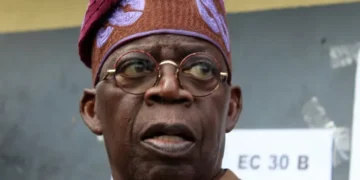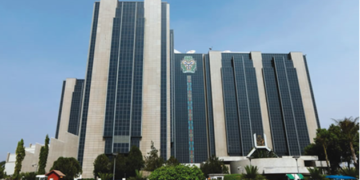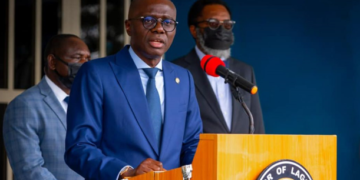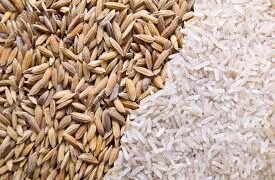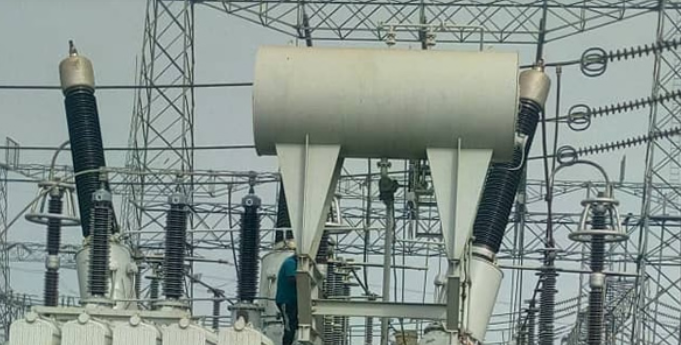The implementation of the revised electricity tariff jointly agreed by the organized labour and the Federal Government on Nigerian has commenced.
The Power distribution companies began the implementation of the revised tariff which was reported to be lower than the September 1, 2020 service reflective tariff on 1 November 2020.
The Nigeria Labour Congress stated that the Federal Government would not revert to the September 1, 2020 service reflective tariff that led to a widespread outcry across the country, according to a report by Punch.
Joe Ajaero, the Deputy President, NLC, and the General Secretary, National Union of Electricity Employees, said that the September 1, 2020 hike in tariff had been reviewed downwards in most categories.
Ajaero said, “If you watch the new template, for customers in Bands A and B, there was a reduction of 10 percent and 10.5 percent respectively. For those in Band C, there is a 31 percent reduction.”
“Those in Bands D and E were not increased at all. “NERC is not reverting to the tariff that led to the outcry, rather it would commence the implementation of these adjustments that were done.”
The new tariff which is said to be based on daily hours of electricity consumption will not apply to customers with less than 12 hours of daily electricity supply.
Read more; New Electricity Tariff system explained – know your Band
The Abuja Electricity Distribution Company on Sunday said that the implementation of the revised tariff which has been approved by the Nigerian Electricity Regulatory Commission took effect from November 1, 2020.
“Customers on the pre-paid platform will be the first to experience the revised tariff when they vend from Sunday, November 1, 2020, the firm said according to Punch.
“The revised tariff will reflect in the bills for customers on the postpaid platform when they receive their electricity bill.”
It added, “The tariff is divided into five bands and based on hours of supply to the customers. While customers on Bands D and E have their tariff frozen, those on Bands A, B, and C will see some level of reduction in their tariff as they vend.”
By; Ifunanya Ikueze










